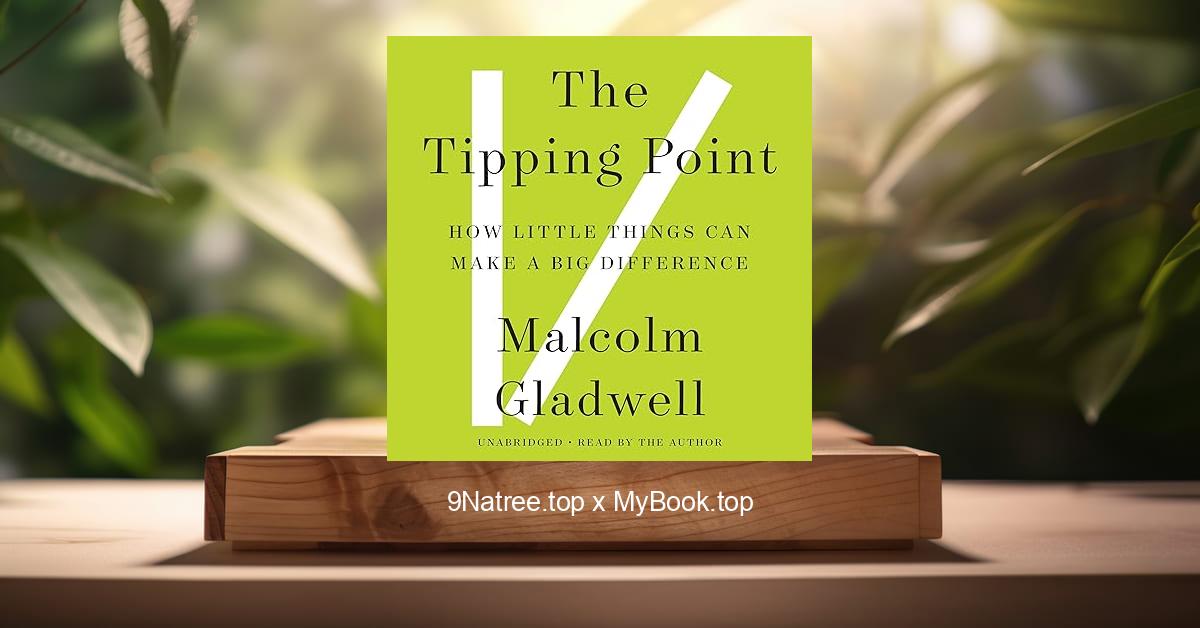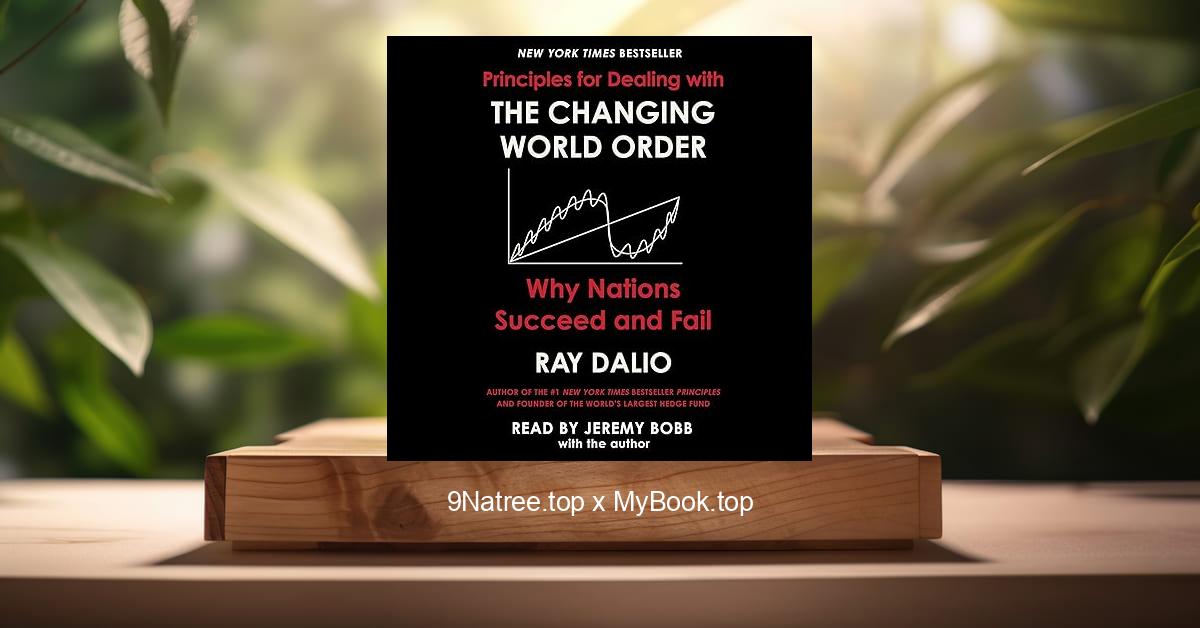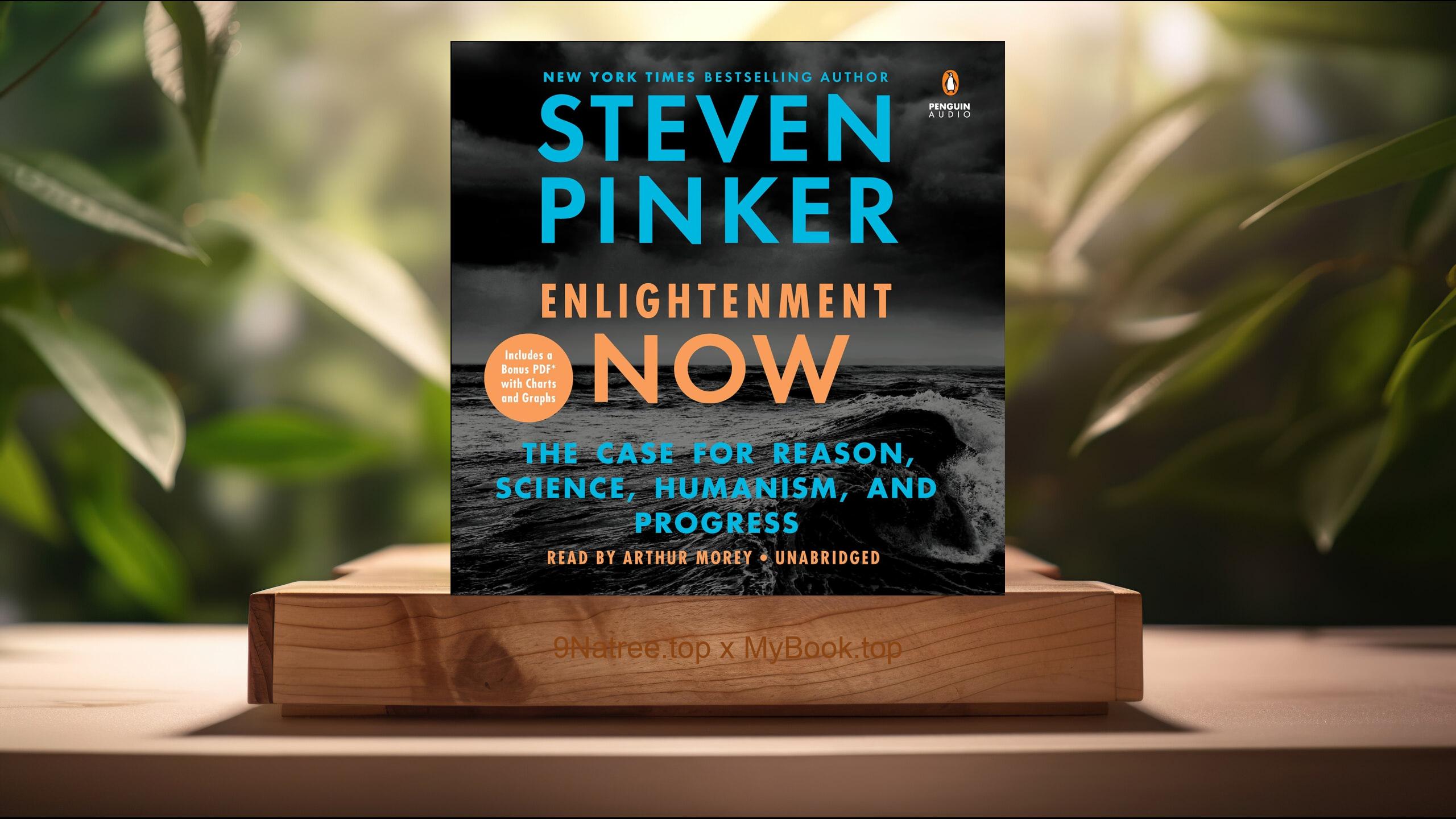Show Notes
Buy on Amazon: https://www.amazon.com/dp/B084FLWDQG?tag=9natree-20
Read more: https://mybook.top/read/B084FLWDQG/
#Castesystem #Socialstratification #Racialinequality #Systemicracism #Socialjustice #IsabelWilkerson #Discrimination #Hierarchy
These are takeaways from this book.
Firstly, The Concept of Caste, Isabel Wilkerson lays down the foundation of what caste systems mean at the very beginning of her investigation. A caste system is a social stratification system that divides people into rigid hierarchical groups based on their karma (in Hinduism) or heredity (in societal structures) that often encompass occupation, status, and power dynamics. Wilkerson argues that this rigid social order is mirrored in the United States through unspoken social stratification and segregation. While not as explicit as the caste systems in India or the racial purity laws of Nazi Germany, the U.S. operates on an underlying hierarchy that places white people at the top and Black individuals and people of color at the bottom. She skillfully explains how this hierarchy is not just about race or class, but a deeply embedded system of division and control that affects all aspects of life, from opportunities and wealth to dignity and rights.
Secondly, The Three Pillars of Caste, Wilkerson identifies three pillars that support and maintain the caste system in societies: divine will, heredity, and control. The concept of divine will suggests that some people are naturally selected to rule over others, an idea often rooted in religious or cultural beliefs. Heredity ensures that social status and occupation are passed down within families and groups, making it almost impossible for individuals to move beyond their assigned social position. Lastly, control serves as the enforcement mechanism, ensuring that the caste system's rules and boundaries are upheld through laws, violence, or powerful social norms. In the United States, these pillars manifest in systemic racism, segregation, and the legacy of slavery, which have historically positioned Black Americans and other minorities at the lower end of the social hierarchy. This clear delineation of the pillars helps readers understand how deeply entrenched and self-perpetuating caste systems are, making them difficult but not impossible to dismantle.
Thirdly, The Impact of Caste on Society, Wilkerson delves into the profound impact caste systems have on societies, affecting every facet of life, from personal identity and self-worth to economic conditions and political structures. Caste systems, by their very design, create divisions and foster an environment of inequality and injustice that permeates social, economic, and political spheres. She points out that in the U.S., the impact of caste is evident in the racial wealth gap, differential access to education and healthcare, and the criminal justice system's biases. Wilkerson uses compelling narratives and extensive data to illustrate how caste not only underpins systemic racism but also maintains power structures that benefit the dominant caste at the expense of others. This exploration makes readers ponder the ways in which invisible caste systems shape interactions, institutions, and outcomes in society, often in subtle yet profound ways.
Fourthly, Breaking the Cycle of Caste, One of the most compelling parts of Wilkerson's analysis is her exploration of how individuals and societies can break the cycle of caste. While acknowledging the deeply ingrained nature of caste systems and the significant challenges in dismantling them, Wilkerson offers hope through examples of resistance, change, and progress. She highlights the importance of awareness, empathy, and collective action as tools for challenging and overcoming the barriers imposed by caste. Through historical instances of social reform and civil rights movements, Wilkerson demonstrates that change is possible when people come together to question and reject the artificial divisions that segregate society. This section serves as a call to action, encouraging readers to recognize their role in perpetuating or challenging these divisions and to actively participate in creating a more equitable and inclusive world.
Lastly, Caste and Its Global Relevance, Wilkerson extends the conversation about caste beyond the boundaries of the United States, shedding light on its relevance in a global context. By drawing parallels with caste systems in India, Nazi Germany, and other societies, she illustrates how the concept of caste transcends cultures and geographies. This global perspective underscores the universal nature of human divisions and the common struggles against hierarchies of power and oppression. Through comparative analysis, Wilkerson showcases how the mechanisms and justifications of caste systems may differ across societies, but their impacts on human dignity, equality, and justice are universally detrimental. This section broadens readers’ understanding of caste, encouraging them to see it not just as a historical or regional issue, but as a pervasive human problem that requires global awareness and action.
In conclusion, Isabel Wilkerson's 'Caste: The Origins of Our Discontents' is a monumental work that should be read by anyone interested in understanding the deep-rooted issues of racial inequality and social stratification in America and around the world. Wilkerson’s careful research, compelling storytelling, and insightful analysis make this book an invaluable resource for activists, scholars, and general readers alike. By revealing the invisible structures of caste and their insidious effects on society, Wilkerson offers a poignant critique of social hierarchies and a hopeful vision for a more inclusive and equitable future. This book not only sheds light on the often-overlooked aspects of discrimination but also provides a roadmap for dismantling the structural barriers that divide us. 'Caste: The Origins of Our Discontents' is a call to action, urging readers to confront the realities of caste systems and to commit to the ongoing struggle for justice and human dignity.
![[Review] Caste: The Origins of Our Discontents (Isabel Wilkerson) Summarized](https://episodes.castos.com/660078c6833215-59505987/images/1699853/c1a-085k3-xmppvr1rirx9-smr9mw.jpg)




